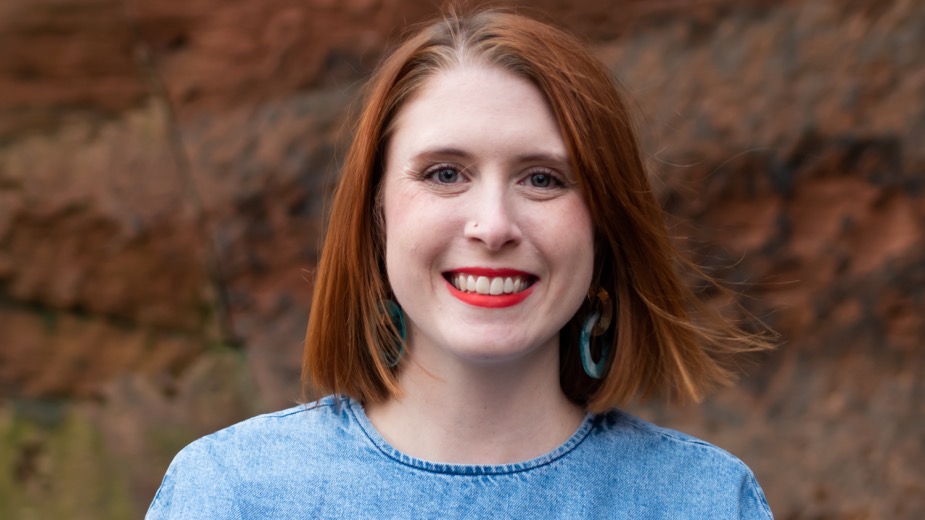
Why Social inequality is Adland's Guilty Secret

In April I completed the IPA Excellence Diploma; the final assignment was to express what we believed the future of brands was. My essay – which won the John Bartle award for the best I Believe – outlined my belief that the industry has a problem – it’s elite. The result is we are unable to create the best possible work for our clients.
At Wavemaker our aim is to positively provoke our clients so we can create the most innovative solutions to drive growth. In the book Collective Genius, the authors analysed the most innovative companies and found that a culture of ‘creative abrasion’, defined as the ability to generate ideas through discourse and debate, was essential for innovation.
Now we probably think we debate all the time. But in the spirit of Positive Provocation, we currently have a problem. We can’t debate this properly because creative abrasion requires a crucial component the industry doesn’t have – diversity of thought.
We are an industry constructed of people who all think the same. This has been proven by Andrew Tenzer and Ian Murray in their research on cognitive bias in the ad industry. It showed that our thinking style is driven by the industry’s make up of people from privileged backgrounds. In fact, advertising is the UK’s 7th most elite industry. Only 15% of those in the industry come from working class origins. The national average is 30%.3
It’s a global problem and understanding the global challenges can help all nations learn. As Lwandile Qokweni, our CEO in South Africa, says: “While we have a notably diverse workforce at Wavemaker here, it is important to note that at a social diversity level we are still lagging behind.
“Opening up the industry to all backgrounds will take a purpose-driven initiative, because advertising has always been an exclusive society with more than its share of privileged participants. In my view, we need to start making more people from more backgrounds aware of what it is that we do and the different jobs in our industry, so that a kid like me in a village in the Eastern Cape dreams of becoming a Biddable specialist or communication strategist.”
The reasons for a lack of social diversity are different in every market. Chief Strategy Officer Premjeet Sodhi cites access to education, fluency in (or at least a working knowledge of) English, and the location of agencies in cities where less than 10% of the country lives as barriers in India.
He thinks the Covid-19 crisis is a chance to make a change. “The new way of remote working is a huge opportunity to drive the social diversity agenda. It is now possible for agencies to recruit from places that never had access to agency jobs; plus look at qualifications beyond the obvious hard skills.
We don’t talk about this enough. While race and gender are crucial metrics that provide some diversity, social background isn’t being discussed. It is not measured in the IPA Census and Campaign’s Diversity Issue in February did not even mention it.
We should be talking about it. As the lockdown forces us to interrogate our culture, it is the ideal time to address our lack of social class diversity. Because if we don’t act it could be too late. In May the London School of Economics announced that the Covid generation could go into a dark age of social mobility. This could make it even harder for those from working-class backgrounds to break into an already elite industry.
Admitting there’s a problem is the first step. Rose Huskey, CEO of Wavemaker in South East Asia, says: “Given the many languages and cultures within APAC, in one way the region is intrinsically diverse. But we know there is problem with the social diversity of people who are willing to speak up and lead in the industry. As an agency we try to empower individuals by upskilling and giving them more opportunities to fuel their confidence levels.”
In the UK we are already paying the price for not addressing this issue – various studies from Binet, Field and Orlando Wood have proven our work is getting less effective. And it’s not just brilliant creative work. An international study across 8 territories asserted diverse businesses produce 19% more revenue – it should be a no-brainer.
So how do we face up to the problem? Below are three steps. Each of them vast in scope but aim to offer a starting point.
Measure – we must fully understand the problem, and this requires a more sophisticated approach to diversity reporting. The Social Mobility Foundation recommends a layered approach, which asks about private education, free school meals, parents’ occupation. But we must also ask people if they want to answer these questions. We need to find a way to set targets and make ourselves accountable.
Pathways – we can make our industry more accessible by promoting it to all walks of life… not just those browsing the university careers board. We must actively challenge our recruitment processes. We must look at the values we place on strong recruits and face up to the biases our pathways currently promote. Such as those who have work experience because they can afford to work for free or those who are deemed well-travelled so have ‘life experience’ because they can afford a gap year.
Culture – We must look at our industry to ensure it is one where all backgrounds feel safe. A culture designed to bring out the best versions of everyone so creative abrasion can be achieved. We can’t recruit people and mould them to be like us. We must motivate people to bring all of themselves to work. This will bring diversity of thought
A lot can be done but it requires us to take a long, hard look at ourselves. It will feel uncomfortable, but we know the best work comes out of provocation, so let’s provoke the make-up of our industry. We can’t afford not to.













